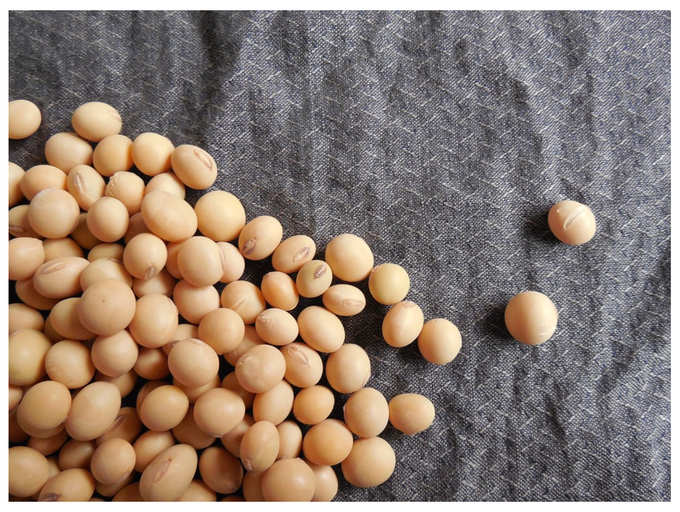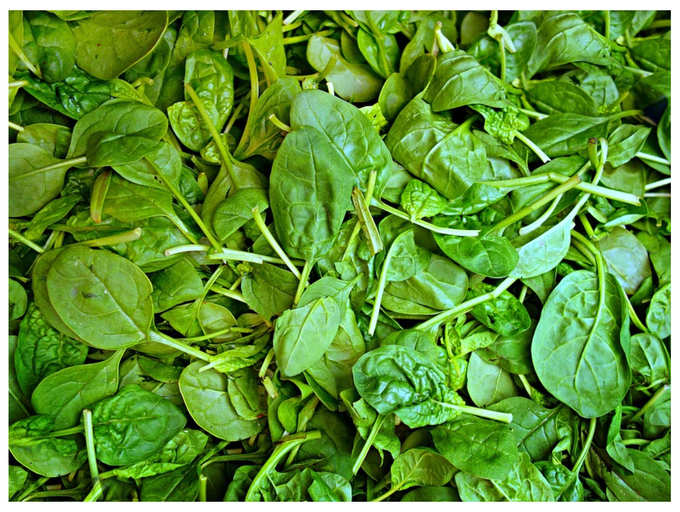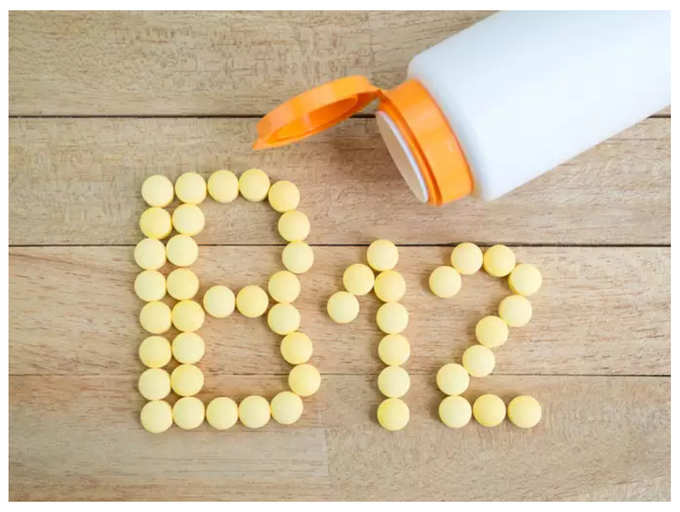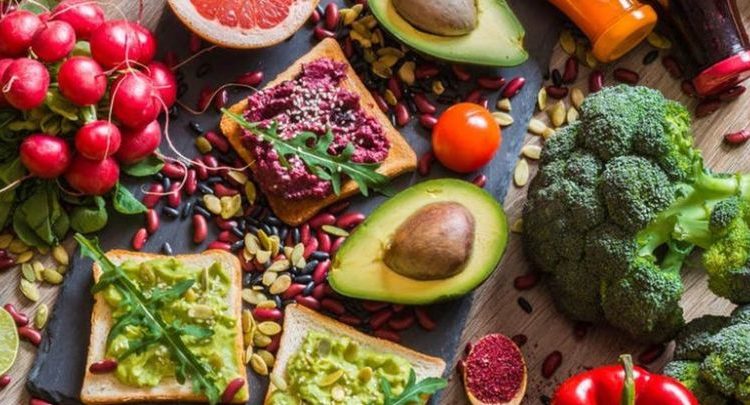What is a vegan diet?
The vegan diet has been among the few most popular lifestyle choices of the last few years.
It entails excluding all food sources coming from animals and their by-products, including dairy and meat from the diet.
The vegan diet entirely depends on plant-based foods for nutrition.
There have been many stories of people achieving optimum physical and mental health after opting for a vegan diet. However, it is not all rainbows and sunshine after you decide to go vegan. Here are seven side effects of a vegan diet-
When we switch from an animal-based diet to a plant-based diet, it becomes difficult to track our calories. It is because plant-based foods are not as rich in calories as animal-based foods.

Hence, if you are eating smaller portions as you did in your earlier lifestyle, it is sure to bring down your energy levels drastically. You must ensure that you are consuming a proper 2000 calories diet even while eating a plant-based diet.
By not having enough nutrition, you don’t just risk health problems but also increase your chances to abandon your diet and go back to old ways.
2. Leaky gut issues
The vegan diet excludes all source of animal protein and turns to plant-based protein sources such as legumes.

While legumes are rich in protein, they contain many antinutrients like phytates and lectin that can increase intestinal permeability and cause a condition known as ‘leaky gut’.
Animal-based protein sources, on the contrary, do not have antinutrients.
3. Hormones disruptions
Soy is another source of plant protein that vegans turn to. Processed soy products such as soy milk and tofu are integral parts of a vegan diet.
All forms of soy contain phytoestrogens, and consuming more than the recommended amount of soy can negatively impact the hormonal levels of the body.

Hormonal imbalance can give way to breakouts on the skin, hair fall, irregular menstrual cycle, skin pigmentation problems and more.
4. Lack of iron
Plant-based foods contain iron, but it is of a ‘low-heme’ variety which does not get absorbed into the body properly.
Therefore, vegetarians and vegans are at a heightened risk of iron deficiency. Having a lack of heme iron in the body can cause several symptoms, such as fatigue and anaemia.

While iron supplements can be taken to address the issue, there may be a few uncomfortable side-effects of having it.
5. Risk of vitamin B12 deficiency
B12 is an essential vitamin, and its deficiency can cause numerous irreparable damages in the body.
Since vitamin B12 primarily comes from animal products, people following a vegan diet are at considerable risk of developing a deficiency for this vital nutrient.

Hence, if you are on a vegan diet, consider taking a vitamin B12 supplement to help keep the body functioning correctly.
6. Risk of depression
People following a vegan diet are at an increased risk of depression as their diets have a sharp decline in omega 3 fatty acids (no fish oil or fish consumption) and a rise in omega 6 (vegetable oils and nuts).
They can include algae-based omega 3 sources in their diet, but they are costly and hard to find.

7. Risk of developing an eating disorder
People who follow a strict vegan diet see more instances of Orthorexia, which is an eating disorder where people have an unhealthy obsession with healthy eating patterns and over-restriction.
Most doctors who cure eating disorders such as Orthorexia do not advise staying on a restrictive diet such as vegetarianism or veganism.

Source: Times of India


Comments are closed.